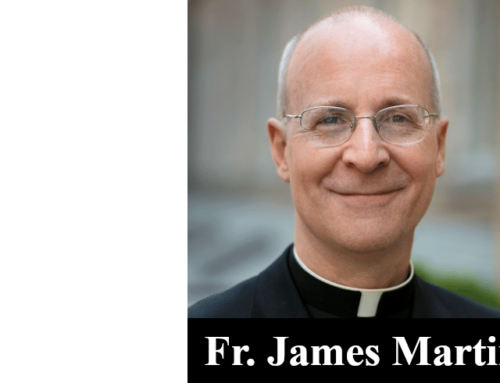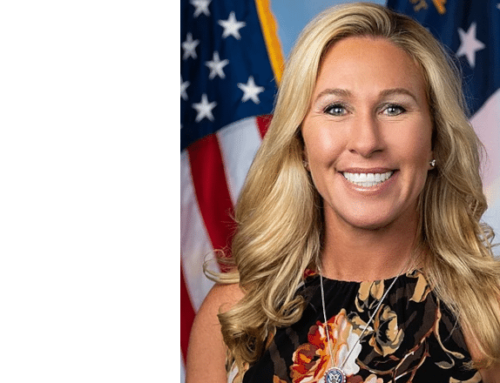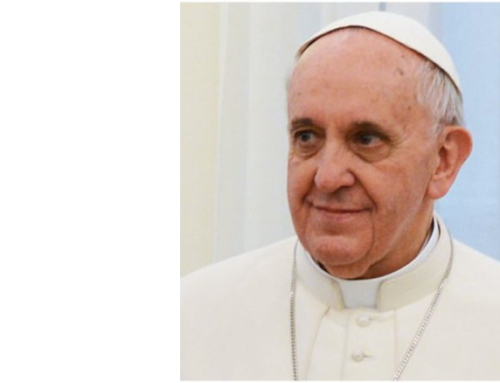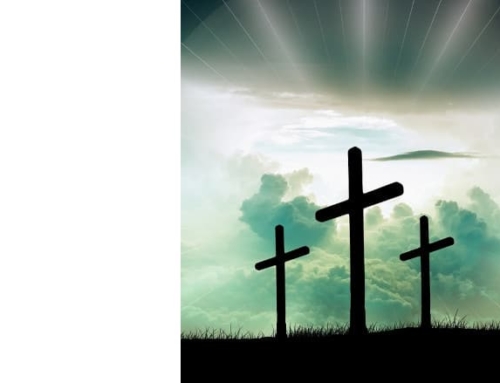Catholic League president Bill Donohue comments on the election of Cardinal Eugenio Pacelli as pope; he took the name Pius XII:
On March 2, 1939, Eugenio Pacelli was elected pope and took the name Pius XII. No one did more to save Jews during the Holocaust than he did.
Last year, the BBC announced the results of an internal probe of the war record of Pope Pius XII. It said it was wrong to characterize him as being “silent” during the Holocaust. In 1999, the author of Hitler’s Pope, John Cornwell, admitted that he was wrong in making this assessment, and retracted his charge that the pope supported Hitler.
Here is a timeline of notable comments made about Pope Pius XII during and after World War II.
1940
- In the December 23, 1940 issue of Time magazine, Albert Einstein was quoted as saying, “Being a lover of freedom, when the Nazi revolution came to Germany, I looked to the universities to defend it, but the universities were immediately silenced. Then I looked to the great editors of the newspapers, but they, like the universities, were silenced in a few short weeks….Only the Church stood squarely across the path of Hitler’s campaign for suppressing the truth.”
1941
- In its Christmas Day editorial, the New York Times said, “The voice of Pius XII is a lonely voice in the silence and darkness enveloping Europe this Christmas.”
1942
- In its Christmas Day editorial, the New York Times wrote, “No Christmas sermon reaches a larger congregation than the message Pope Pius XII addresses to a war-torn world this season.”
1943
- Hitler’s biographer, John Toland, said, “The Church, under the Pope’s guidance, had already saved the lives of more Jews than all other churches, religious institutions, and rescue organizations combined, and was presently hiding thousands of Jews in monasteries, convents, and Vatican City itself.”
- Speaking about events in 1943, Sir Martin Gilbert, perhaps the foremost historian of the Holocaust, noted that “the test for Pacelli was when the Gestapo came to Rome in 1943 to round up Jews. And the Catholic Church, on his direct authority, immediately dispersed as many Jews as they could.”
- In 1943, the World Jewish Congress thanked the pope for persuading Italian authorities to remove 20,000 Jewish refugees from internment camps in Northern Italy.
- On July 25, 1943, Hitler began his plan to kidnap the “Jew-loving” pope.
1944
- Jewish scholar Jeno Levai describes what happened in the spring of 1944 in Hungary. “Over 20,000 passports had been issued by the papal Nuncio—on the average of 500 a day.”
1945
- Israele Anton Zolli, the Chief Rabbi in Rome, converted to Catholicism. He explained why in his book, Why I Became a Catholic. “No hero in history has commanded such an army; none is more militant, more fought against, none more heroic than that conducted by Pius XII in the name of Christian Charity.” He chose the name Eugenio as his baptismal name.
1958
- When the pope died, Golda Meir, Israel’s foreign minister (she would later become prime minister), telegraphed the Vatican saying, “When fearful martyrdom came to our people in the decade of Nazi terror, the voice of the Pope was raised for the victims. The life of our times was enriched by a voice speaking out on the great moral truths above the tumult of daily conflict. We mourn a great servant of peace.”
- Among the Jewish organizations that praised the pope were the following: Anti-Defamation League, the Synagogue Council of America, the Rabbinical Council of America, the New York Board of Rabbis, the American Jewish Committee, the World Jewish Congress, the Central Conference of American Rabbis, and the National Council of Jewish Women.
Former Israeli diplomat and author Pinchas Lapide estimated that approximately 860,000 Jewish lives were saved by Pope Pius XII. One thing is certain: no leader, religious or secular, did more to save Jews than Pope Pius XII. He is more than a “Righteous Gentile”—he deserves to be made a saint.
Note: The evidence is documented in my book, Why Catholicism Matters.







